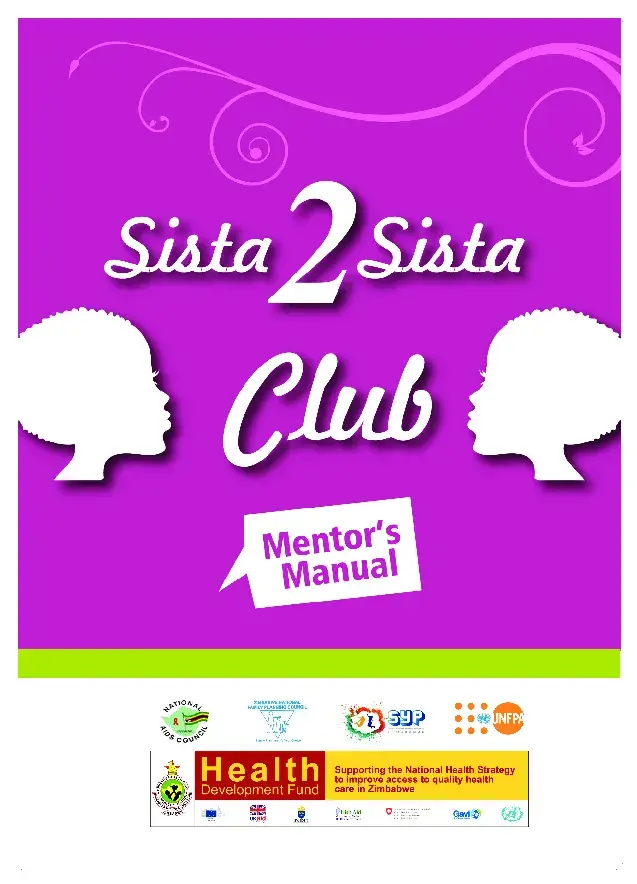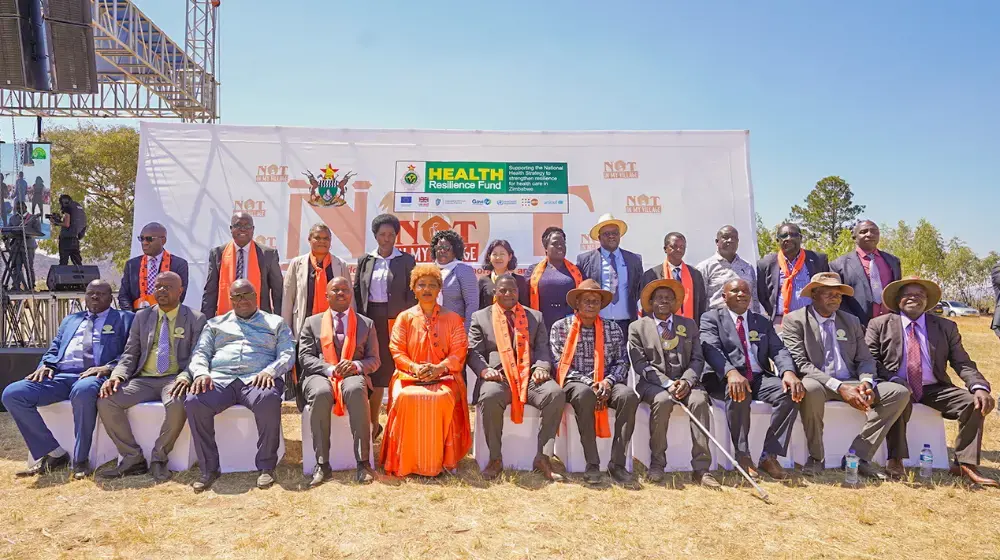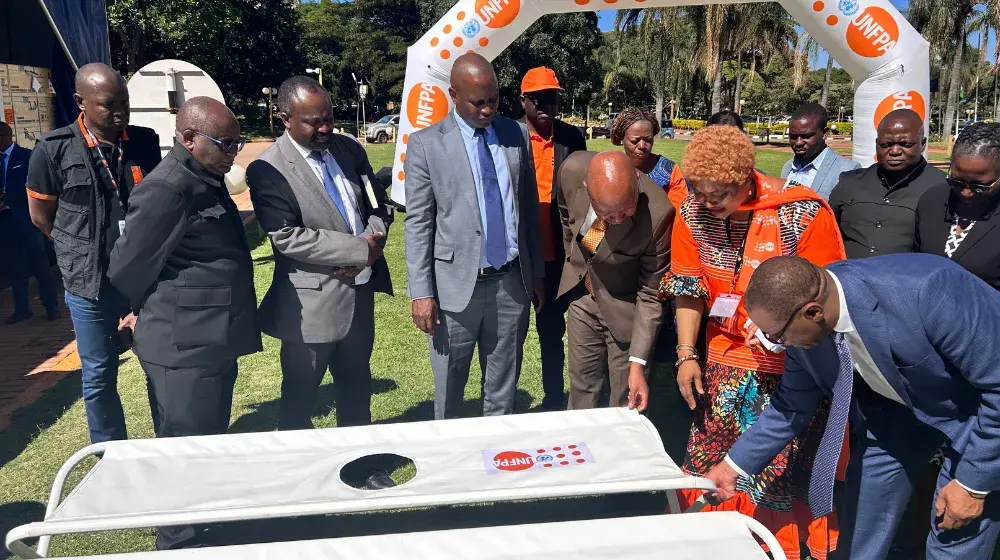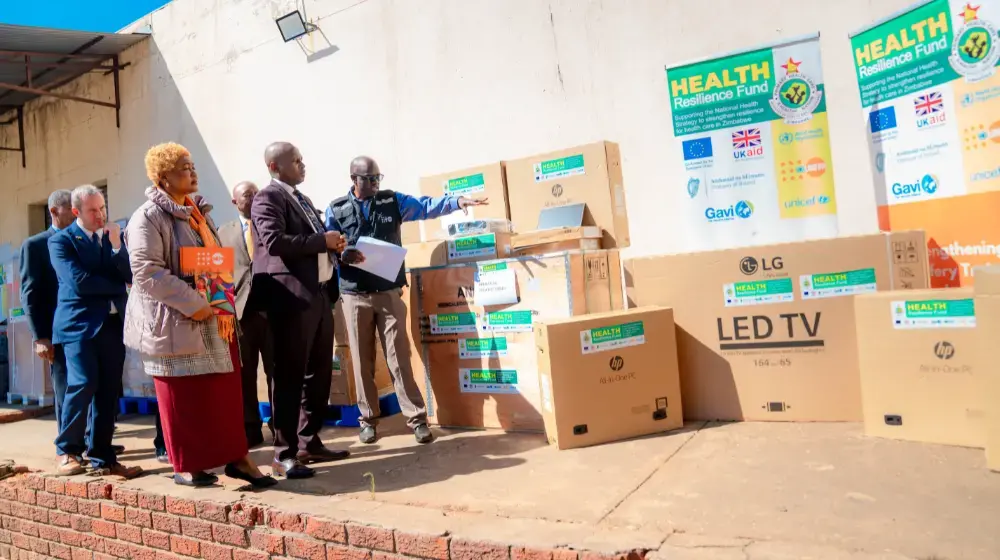Ministry of Health and Child Care (MoHCC), Ministry of Women Affairs, Gender and Community Development (MWAGCD), Zimbabwe National Family Planning Council (ZNFPC) and National AIDS Council (NAC) and other partners are contributing to the Health Development Fund (HDF) 2016-2020. With support from DFID, Irish Aid and the Government of Sweden, this programme is implemented within the context of the National Health Sector Strategy (2016-2020).
This programme aims to increase knowledge and utilisation of integrated HIV prevention, SRHR and SGBV services. A component of this programme encapsulated in this manual concentrates on enhancing the self-efficacy and agency of young women to access and utilise these integrated services by empowering them to make responsible reproductive health decisions.
The methodology that has been chosen is one of building group rapport among a group of young women through facilitating meetings in girls only clubs. These clubs, dubbed “Sista2Sista Clubs” will provide an environment where an atmosphere of mutual respect and trust between the Club members can be built, giving them a social support network within their own community that is likely to extend beyond the confines and the lifespan of their Sista2Sista Club.
Recognising that reproductive health choices, and actions in fulfilling the same, are not made in a socio-economic vacuum, this manual moves from providing information on sexual and reproductive health and prevention of HIV as well as sexual and gender based violence, to providing the young women with life skills such as self-awareness, problem-solving strategies, and communication. These skills will enhance the girls’ and young women’s ability in decision making not only about their reproductive health, but for other important life choices. To that end, the manual has been updated and in addition to introducing the girls and young women to the concepts of financial management, social and livelihoods skills are now included.
While it is recognised that changing an individual’s behaviour remains the responsibility of that individual, creating an environment that supports and encourages positive behaviour change requires effort and commitment from a multitude of players. The female Community Health Workers (CHWs) as mentors in the Sista2Sista Clubs are key agents in this endeavour. However, the Club members are also key contributors to building change in their own and their fellow Club members’ lives. Providing information and education is only one component of changing an individual’s behaviour.
The mentors, working with the support and under the guidance of implementing partner organisations, are aware of this limitation and as a result will draw on the expertise and skills of other organisations located within their communities. These organisations, from faith based entities to health facilities, to law enforcement agencies and support groups, are equipped with diverse skill-sets to assist individuals and communities in changing their behaviour. As a result, Club members who require information beyond the expertise of the facilitator will be referred to these organisations for services.
Working together, these organisations and CBWs will strive to improve the health, skills and capacities of the girls and young women in their communities. In that vein, we would like to thank individuals and organisations that have contributed in any way to the development of this guide. This manual is an updated version of the May 2013 version and will be used as part of the demand generation tools for community health systems as of 2018.





